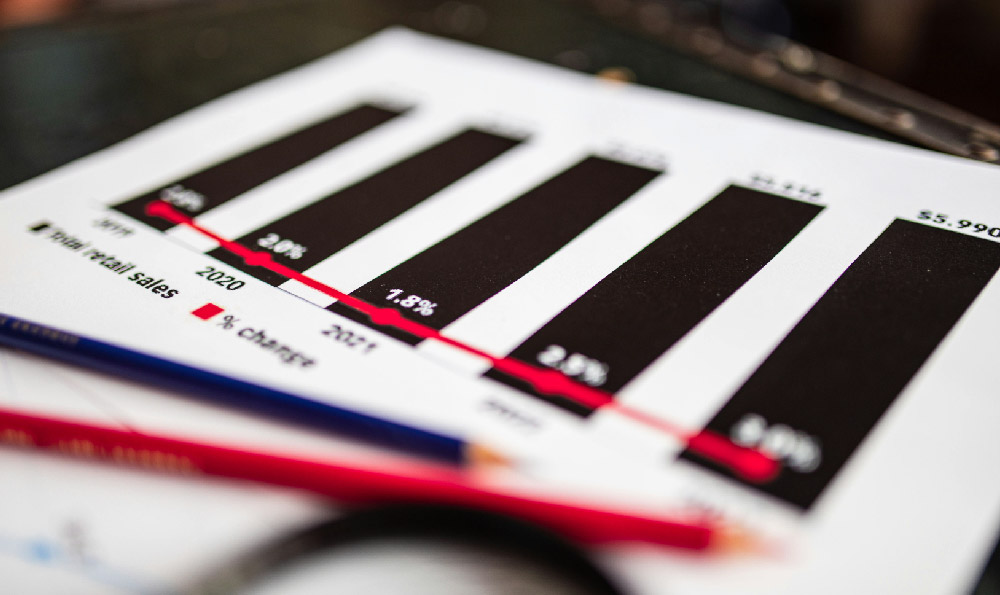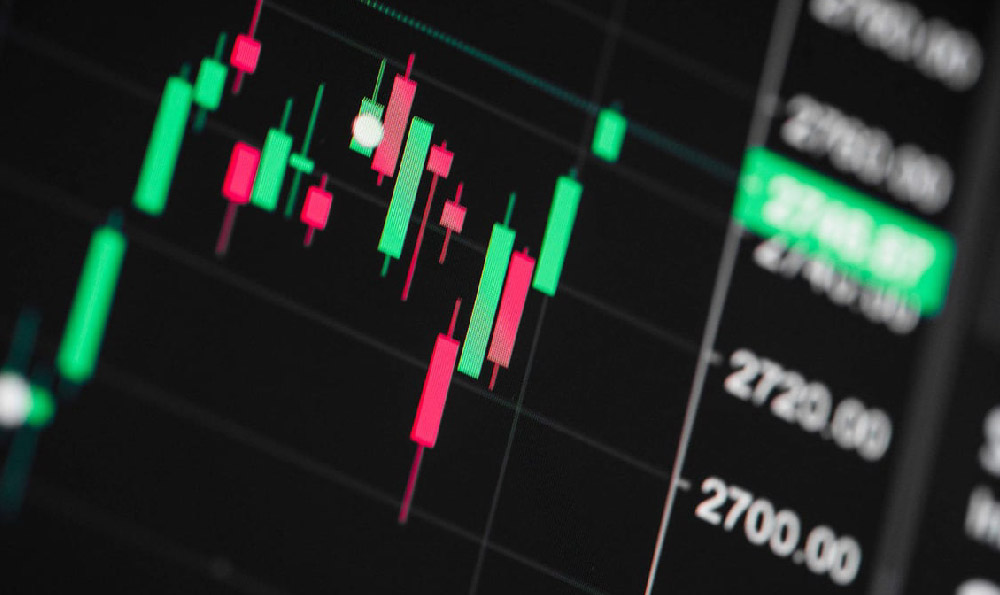Upbit, one of South Korea's leading cryptocurrency exchanges, holds significant sway in the digital asset market. The prospect of a new coin listing on Upbit often sends ripples through the crypto community, driving considerable price speculation and attracting substantial trading volume. Understanding the factors that influence Upbit's listing decisions is crucial for investors seeking to capitalize on these potential opportunities and for projects aiming to gain wider exposure within the South Korean market. This analysis delves into the key elements Upbit considers when evaluating potential coin listings, providing insights into the platform's rigorous vetting process.
Security and Regulatory Compliance: A Cornerstone of Upbit's Strategy
Upbit, like other reputable exchanges, prioritizes the security of its platform and the regulatory landscape. Any project hoping to be listed must demonstrate a robust security infrastructure, including proven protection against hacks, vulnerabilities, and other cyber threats. This typically involves undergoing independent security audits conducted by reputable blockchain security firms. The audit reports should reveal a proactive approach to security, with identified vulnerabilities promptly addressed and mitigation strategies implemented.

Furthermore, compliance with relevant regulations is paramount. South Korea has a relatively strict regulatory environment for cryptocurrencies, and Upbit adheres closely to these guidelines. Potential listings must demonstrate compliance with anti-money laundering (AML) and know-your-customer (KYC) regulations. This includes having robust procedures in place to verify the identity of users and to monitor transactions for suspicious activity. Moreover, the project must demonstrate that its token issuance and distribution mechanisms comply with applicable securities laws. The exchange will likely scrutinize the legal structure of the project and seek legal opinions to ensure compliance.
Technological Innovation and Project Viability
Beyond security and compliance, Upbit also assesses the underlying technology and the overall viability of the project. It's not enough to have a clever idea; the project must demonstrate a functional and sustainable blockchain or distributed ledger technology (DLT). Upbit will evaluate the project's whitepaper, technical documentation, and code repository to assess the technical feasibility and innovation of the project.
Factors considered include:
- Scalability: Can the network handle a large number of transactions without significant performance degradation? Upbit will look for evidence of testing and simulations demonstrating the network's ability to scale.
- Transaction Speed: How quickly can transactions be confirmed on the network? Faster transaction speeds improve user experience and are crucial for real-world applications.
- Consensus Mechanism: What consensus mechanism is used (e.g., Proof-of-Work, Proof-of-Stake)? The chosen mechanism should be secure, efficient, and resistant to attacks.
- Smart Contract Functionality: If the project utilizes smart contracts, are they well-written, secure, and audited? Upbit will likely review the smart contract code for potential vulnerabilities and bugs.
- Innovation: Does the project offer a unique solution to a real-world problem? Upbit tends to favor projects that demonstrate innovation and differentiation from existing solutions.
Market Demand and Community Engagement
The potential demand for a coin among South Korean investors is a critical consideration. Upbit's primary goal is to provide its users with access to valuable and desirable assets. Assessing market demand can be complex, but Upbit likely analyzes various metrics, including:
- Social Media Presence: A strong social media presence and active community engagement are indicative of investor interest. Upbit may track the number of followers, engagement rates, and sentiment analysis of social media conversations about the project.
- Trading Volume on Other Exchanges: Trading volume on other exchanges, particularly those operating in similar markets, can provide insights into the potential demand for the coin on Upbit.
- Community Size and Activity: A large and active community suggests strong support for the project. Upbit might look at the number of members in Telegram groups, Discord servers, and other online communities associated with the project.
- Korean Language Support: Given Upbit's focus on the South Korean market, projects that offer Korean language support and community engagement are more likely to be considered favorably.
Team and Advisors: Expertise and Reputation
The credibility and experience of the project team and its advisors are crucial factors. Upbit will thoroughly vet the team members to assess their expertise in blockchain technology, business development, and marketing. A strong team with a proven track record increases the likelihood of the project's success.
Factors considered include:
- Experience: Do the team members have relevant experience in the blockchain industry or related fields?
- Reputation: Do the team members have a positive reputation within the industry?
- Transparency: Is the team transparent about their backgrounds and qualifications?
- Advisors: Does the project have reputable advisors with relevant expertise?
Due Diligence Process and Delisting Risks
Upbit employs a rigorous due diligence process to evaluate potential listings. This process typically involves a thorough review of the project's documentation, interviews with the team members, and independent research. The exchange may also consult with external experts to assess the technical, legal, and financial aspects of the project.
It's important to note that even after a coin is listed on Upbit, there is always a risk of delisting. Upbit may delist a coin if it fails to meet certain criteria, such as declining trading volume, security vulnerabilities, or regulatory concerns. Investors should be aware of these risks and conduct their own due diligence before investing in any cryptocurrency.
In conclusion, securing a listing on Upbit requires more than just a promising idea. Projects must demonstrate a commitment to security, regulatory compliance, technological innovation, market demand, and a strong team. Understanding these factors can help investors make more informed decisions and can guide projects seeking to gain access to the South Korean cryptocurrency market through Upbit. The exchange's commitment to protecting its users and maintaining a high level of integrity makes its listing decisions a bellwether for the overall health and legitimacy of the cryptocurrency ecosystem.












